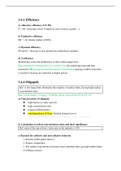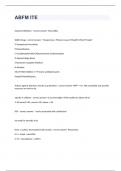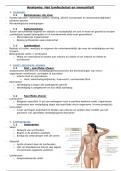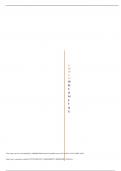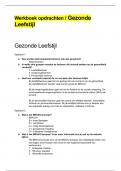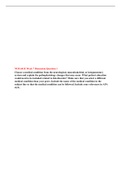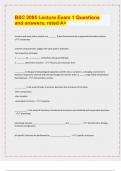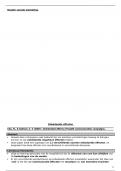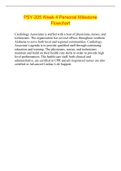Summary
A* summary on oligopoly and efficiency
- Institution
- PEARSON (PEARSON)
EXAM IS COMING!!!!! This is everything you need for this topic! I got A* studying this, soooooo it will probably reduce your time and effort to find a tutor and it will be more beneficial than your class notes!!! Check out for other summaries in my uploads.
[Show more]
